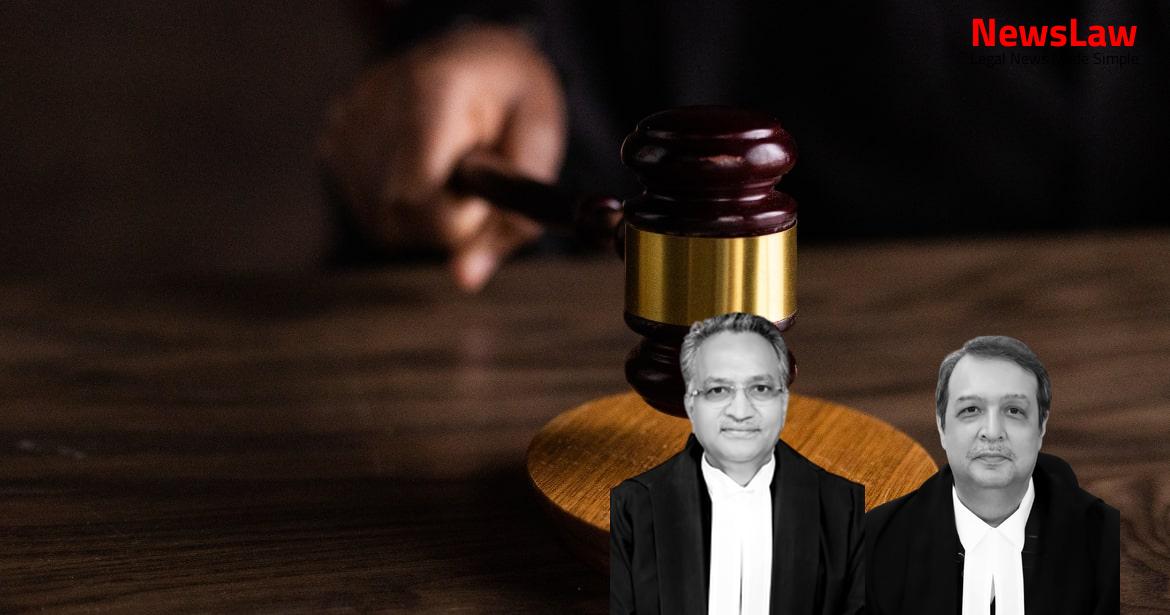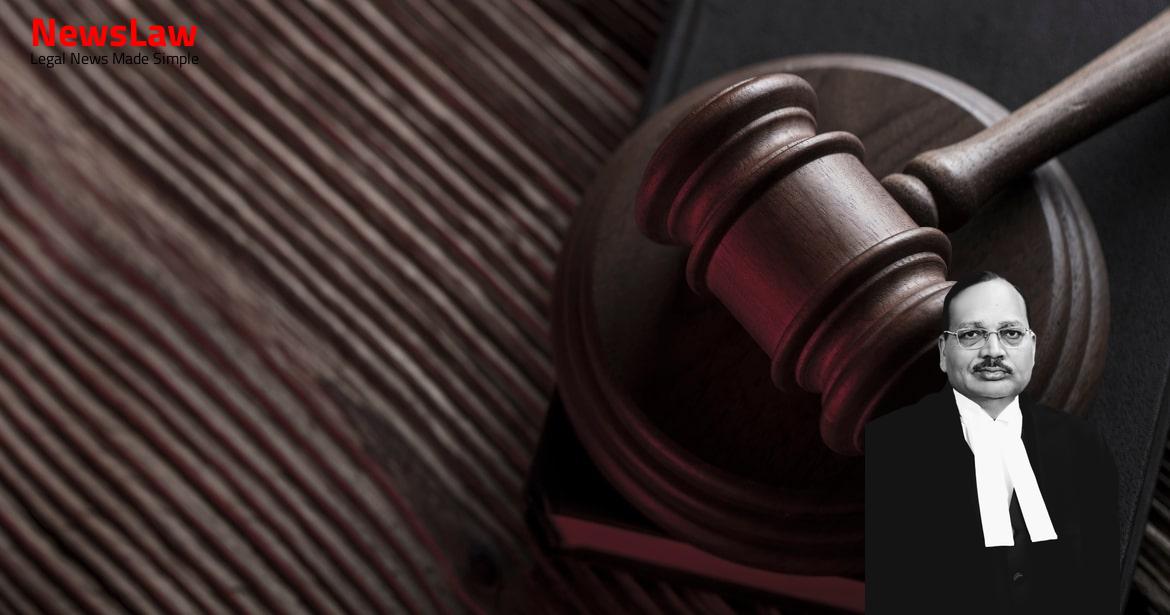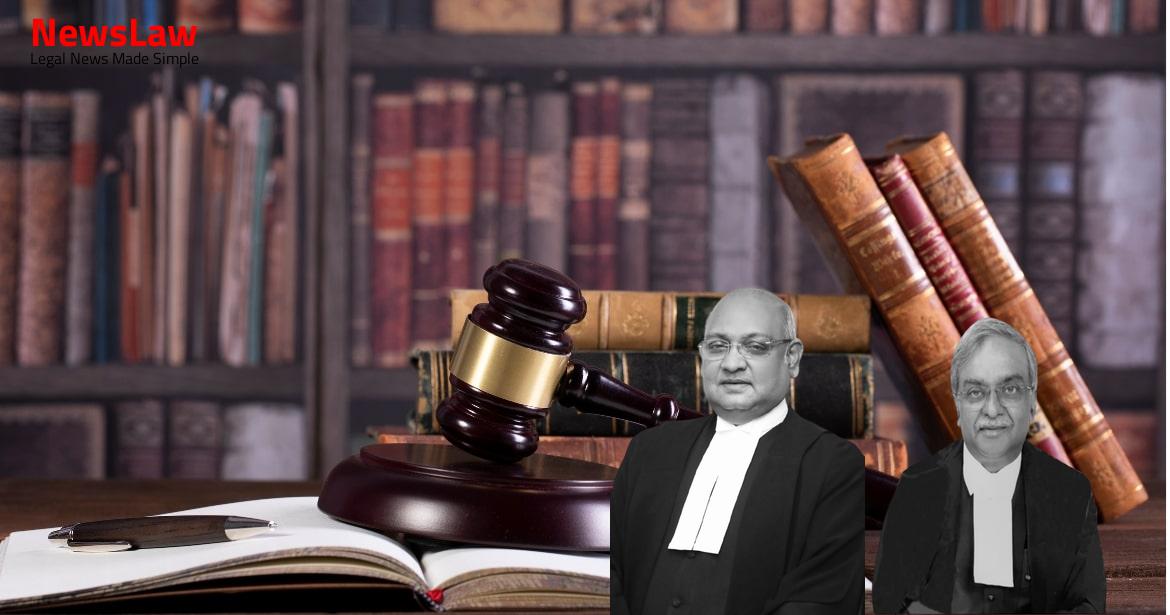In a recent legal case, the court delved into the crucial aspect of the reliability of dying declarations in murder cases. The case revolved around the court’s analysis of oral dying declarations, emphasizing the need for scrutiny and corroboration to establish the credibility of such evidence. This overview sheds light on the significance of oral dying declarations and how they can form the basis of conviction in criminal proceedings.
Facts
- The dead body of the victim was found in a drain at Duribam Tea Estate with burnt injuries caused by hot water.
- The skin of the victim was removed from the body due to burn injuries, with about 75% of the body burnt.
- The accused persons were arrested on different dates after the incident.
- The victim was seen ploughing the field of one of the accused persons along with them before the incident.
- The trial court relied on various circumstances to hold the accused appellant guilty of murder, including the presence of the accused and the victim together before the crime.
- Appellant and co-accused found guilty of murder and sentenced to life imprisonment by trial court
- Deceased taken by accused persons for paddy plantation, found dead with burn injuries later
- Oral dying declaration alleged to be made by deceased to PW-2, stating accused poured hot lali on him
- Appellant’s counsel argues lack of reliable evidence; questions reliance on oral dying declaration
- Counsel contends case is based on circumstantial evidence, lacks incriminating circumstances
- Medical evidence shows deceased had 75% burn injuries and other wounds
- High Court upheld trial court’s decision based on oral dying declaration and circumstantial evidence
Analysis
- The court considered the oral dying declaration made by the deceased before Hanu Khetrapal (PW-2) as reliable and inspiring confidence.
- The law requires a dying declaration, oral or written, to pass a test of reliability as it is made in the absence of the accused and without the opportunity for cross-examination.
- The credibility of the witness who deposes about the oral dying declaration must pass scrutiny for reliability.
- The maxim ‘Nemo moriturus praesumitur mentire’ – ‘a man will not meet his maker with a lie in his mouth’ is the basis for accepting dying declarations.
- The nature of the oral evidence indicates a conflict between the deceased and the accused persons inside the liquor factory, suggesting a sudden fight.
- The 75% burn injuries on the deceased were believed to be caused by the accused pouring hot lali, which is an incriminating circumstance.
- An oral dying declaration can form the basis of conviction.
- Courts seek for corroboration as a rule of prudence.
- No good reason to interfere in the present appeal
- No fundamental or basic infirmity in the impugned judgment of the High Court
- No interference by this Court is warranted
Decision
- The appeal failed
- The appeal has been dismissed
Also Read: Supreme Court Judgment:
Supreme Court Upholds Benefit of Input Tax Credit in Uttar Pradesh Value Added Tax Act 2008
Case Title: KAMAL KHUDAL Vs. THE STATE OF ASSAM (2022 INSC 722)
Case Number: Crl.A. No.-000470-000470 / 2015



